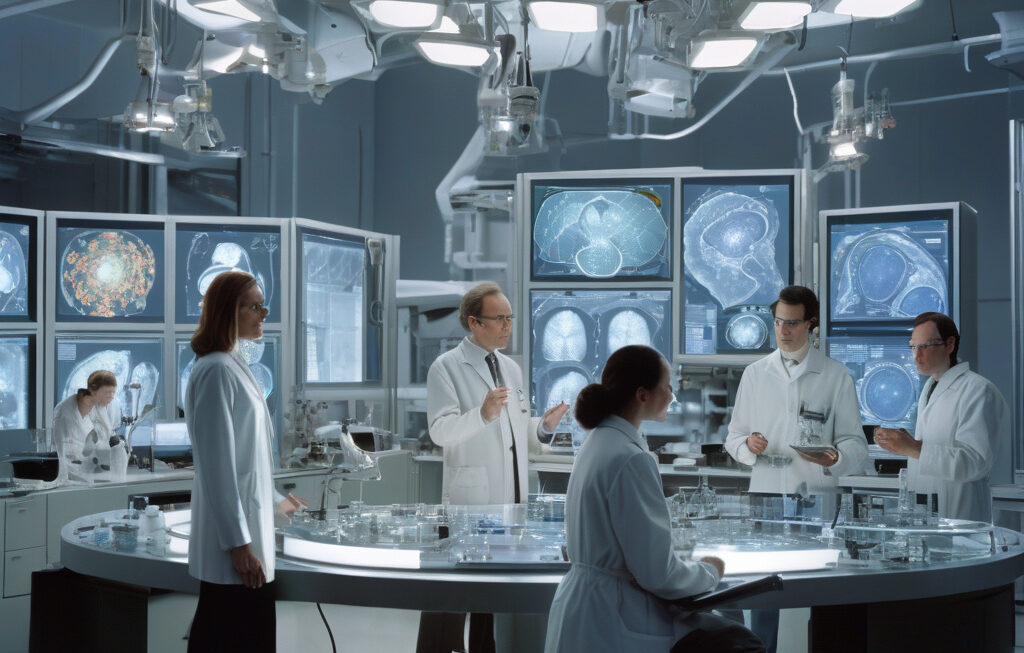A Medical Breakthrough: Enzyme-Made Universal Kidney Tested in Brain-Dead Patient for the First Time
A medical achievement has brought hope to thousands awaiting kidney transplants. For the first time, an enzyme-made universal kidney has been successfully tested in a brain-dead patient, marking a significant milestone in the field of organ transplantation.
The groundbreaking procedure, conducted by a team of pioneering researchers at a leading medical center, involved the bioengineering of a kidney using a novel enzyme-based process. This innovative approach aims to address the critical shortage of donor organs and revolutionize the way transplants are performed in the future.
The enzyme-made universal kidney offers several advantages over traditional organ transplants. Unlike conventional donor kidneys, which require meticulous matching of blood and tissue types, this bioengineered organ can be universally implanted without the need for extensive compatibility testing. This not only streamlines the transplantation process but also reduces the risk of rejection, offering new hope to patients with end-stage renal disease.
Moreover, the enzyme-based bioengineering technique allows for the customization of the kidney based on the recipient’s unique physiological characteristics. By fine-tuning the organ at the molecular level, researchers can optimize its function and compatibility, potentially leading to better long-term outcomes for transplant recipients.
The successful testing of the enzyme-made universal kidney in a brain-dead patient represents a major step forward in the quest to overcome the challenges of organ scarcity and compatibility in transplantation. With further research and clinical trials, this innovative approach has the potential to revolutionize the field of organ transplantation and save countless lives in the process.
In addition to its medical implications, the development of bioengineered organs also raises ethical and regulatory considerations that must be carefully addressed. As the technology advances, ensuring patient safety, informed consent, and equitable access to these groundbreaking treatments will be paramount in realizing the full potential of enzyme-based organ bioengineering.
As we celebrate this remarkable milestone in medical science, it is essential to acknowledge the collective effort of researchers, healthcare professionals, and patients who have contributed to the advancement of organ transplantation. Their dedication and perseverance have paved the way for a future where life-saving treatments are not just a possibility but a reality for those in need.
In conclusion, the testing of the enzyme-made universal kidney in a brain-dead patient represents a significant leap forward in the field of organ transplantation. By harnessing the power of bioengineering and innovative techniques, researchers are reshaping the landscape of medical science and offering hope to individuals awaiting life-saving transplants. This remarkable achievement underscores the potential of science to transform lives and underscores the importance of continued investment in cutting-edge research and technology.
medical, breakthrough, organ transplantation, bioengineering, enzyme-based universal kidney












